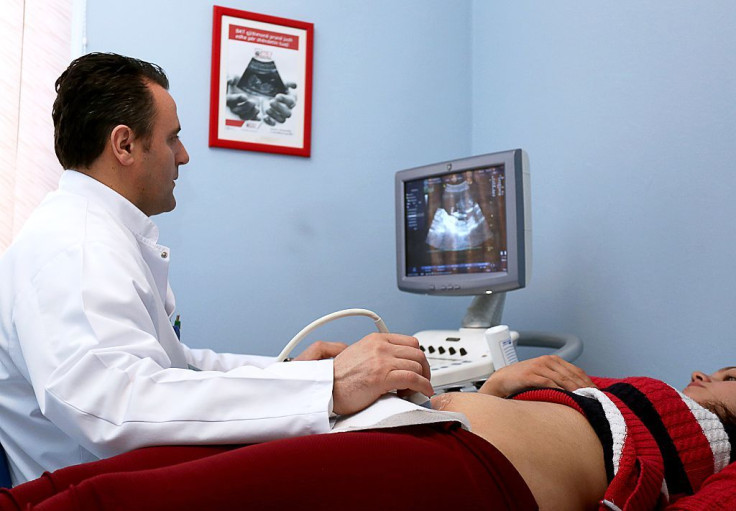
One in every eight couples struggle with getting pregnant or carrying a baby to term. As two women who are both within that 1 in 8, registered dietitian nutritionists Elizabeth Shaw and Sara Haas, authors of Fertility Foods, decided to utilize their passion for food and nutrition to help others struggling with their fertility recognize that, while everything else may seem out of their control on the ride to pregnancy, there is one thing that you can control: what you put in your body.
According to the National Women’s Health Resource Center, a couple ages 29-33 with a normal functioning reproductive system has only a 20-25% chance of conceiving in any given month, and as presented by the 2006-2010 National Survey of Family Growth, 7.4 million women, or 11.9% of women, have ever received any infertility services in their lifetime.
While the research is still evolving, there are promising findings from current data that point in the direction of small, manageable dietary and lifestyle changes to help promote fertility for both men and women. Find below a guideline for women trying to conceive.
- Switch to a plant-forward way of eating. A fertility-fueling diet is very similar to the concept of eating a majority of your diet from plant-based protein, fruits and vegetables, with animal proteins used as a complement (if so desired). Research shows that higher intakes of produce in premenopausal women helps reduce oxidation in the body through the role of the antioxidants in those foods.
- Incorporate dairy into your diet, but pay attention to the type. Dairy is not the devil! And there’s research to prove it when it comes to your fertility. For women, research supports one to two servings of whole milk dairy in your daily diet to assist with a diet conducive to conception. Since whole milk dairy is higher in calories, fat, and saturated fat than its low-fat counterpart, be cognizant of portion sizes.
- Incorporate heart healthy, omega-3 rich fats into your diet. While studies in this area are somewhat inconclusive, what we do know is that research does support the addition of heart healthy omega-3 rich fish into your diet at least twice a week. While some research supports a higher ratio of omega-6 to omega-3 fats for embryo implantation with IVF, a review conducted in 2007 revealed the potential connection between higher rates of infertility in the current years compared to the past, and alluded to the fact that the Westernized diet skews almost 10:1 as far as omega-6 to omega-3 fatty acids intakes may be partially to blame.
- Focus on whole grains. It’s no secret—whole grains are a great addition to a healthy diet, as well as a fertility fueling diet. Research supports that for both women and men alike, incorporating more whole grains into your diet may result in higher rates of conception for women and greater sperm quality for men.
- Stress less, move more. Learn to let go of things that cause you stress. Find an outlet that helps to energize you and brings you hope on those days that you feel completely overwhelmed on your fertility journey. Dance, draw, paint, run, pray, whatever works for you. Though fitness certainly won’t hurt you, we do recommend speaking with your dietitian or physician before incorporating a workout routine into your fertility plan.
There's some wacky personal care gadgets you can take into consideration to track women ovulation pattern. The KNOWHEN Advanced Ovulation Kit is a mini-microscope device that effectively detects ovulation in a new, innovative way - via saliva. While traditional urine testing monitors for a sudden and short-lived surge in luteinizing hormones, KNOWHEN tests the saliva for a more gradual and steady increase in estrogen.
Each morning before brushing teeth or consuming coffee, the user simply places a drop of saliva on the kit’s microscope. When dry, she looks for a distinct fernlike pattern, which indicates the ovulation pattern on that particular day.
If you followed all the steps and are in the sweet wait, you can do an at-home DNA test to discover and explore the genetic-related traits their children may inherit. The BabyGlimpse is the first DNA-powered app for couples that reveals the brighter side of personal genomics. BabyGlimpse is a fun and informational experience, not a medical test. The company calls it “sunshine science,” a journey into the unique characteristic and quirks that couples can compare and share, and see what they might pass along to the next generation.
© 2025 Latin Times. All rights reserved. Do not reproduce without permission.





